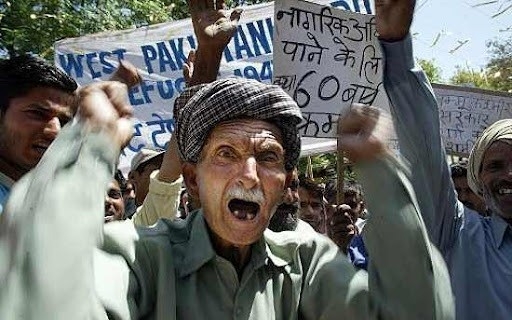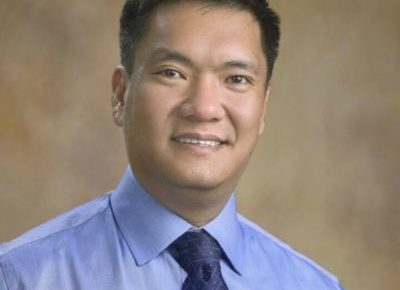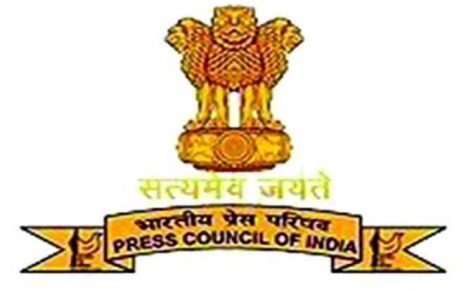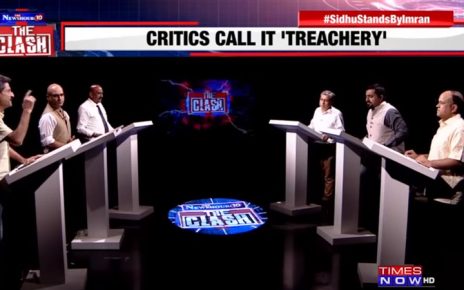New Delhi: The Rights and Risks Analysis Group (RRAG) on the eve of the hearing on the constitutional validity of Article 35A of the Constitution of India relating to special rights and privileges of permanent residents of Jammu and Kashmir (J&K) today i.e. 6th August 2018 by the Supreme Court stated that Article 35A of the Indian Constitutional is an instrument for disenfranchisement and violation of human rights of the West Pakistani refugees and their descendants guaranteed under the Constitution of India and India’s obligation under international human rights law.
The Supreme Court is hearing a bunch of petitions filed by a few West Pakistani refugees challenging the constitutional validity of the Article 35A of the Constitution which denies them basic rights in Jammu and Kashmir.
Commenting on the bandh called by the Kashmiri separatist groups on 5th and 6th August, Mr Suhas Chakma, Director of the RRAG stated, “The petitions challenging constitutional validity are not conspiracies to change demography of Jammu and Kashmir under a legal garb but belated attempts to secure the rights of the West Pakistani refugees as per the Constitution of India and UN human rights conventions ratified by India. An overwhelming majority of the West Pakistani refugees were settled in the State before the Article 35A was added to the Constitution by a Presidential Order in 1954 and therefore, it cannot apply retroactively. Further, permanent residentship is a sort of citizenship by “jus sanguinis” as the descendants of the West Pakistani refugees have been denied permanent residentship in J&K and citizenship by “jus sanguinis” is prohibited under international human rights law. While Germany had to change its national law to grant citizenship to the Turkish origin Germans to comply with the prohibition of citizenship by “jus sanguinis”, the UN Committee Against Racial Discrimination severely censured Japan and Cambodia for such illegal practices”.
“That the people who fled from West Pakistan during the partition in 1947 and settled in Jammu and Kashmir do not have the right to employment or the right to vote in Jammu and Kashmir 72 years after independence is a failure of India including all the political parties and the Kashmiris of all shades.”- further stated Mr Chakma.
“The Indian origin people across the Caribbean Island nations whose forefathers were taken as indentured labourers by the British went to hold the highest offices in those countries but India has failed to ensure the right to vote to the victims of the partition in India itself”. – also stated Mr Chakma.
Following India’s partition in 1947, according to official figures, 5,764 families, most of them belonging to Sikh community migrated from outside of then undivided Kashmir. They were mainly from Sialkot district in undivided Punjab. Their present population is about 1,50,000 and they have been settled in the areas adjoining India and Pakistan Border right from Jorian to Kathua in Jammu. Since 1947 to present, these refugees have not been granted citizenship under the Constitution of Jammu and Kashmir recognized under Article 370 of the Constitution of India. The Constitution of Kashmir came into effect on 26 January 1957 but Article 6 of the Constitution of Jammu and Kashmir provided citizenship only to those who are considered as “permanent residents”.



